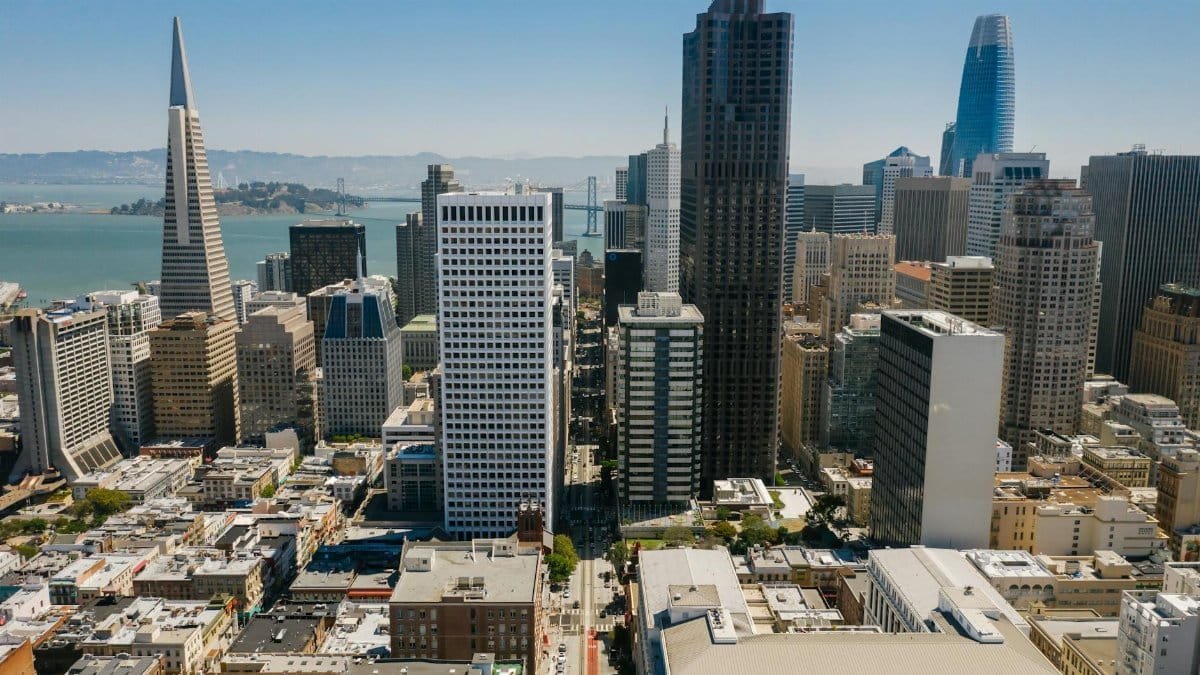In the bustling tech hub of San Francisco, could self-inquiry be the secret weapon for stressed-out professionals seeking clarity? As wellness trends evolve, locals are turning to introspective practices to cut through the noise and find focus. Self-inquiry, San Francisco wellness, find focus—it’s not just buzzwords; it’s a movement gaining traction amid the city’s fast-paced life. From meditation apps to group sessions in Golden Gate Park, residents report sharper concentration and reduced burnout. But is this ancient technique truly revolutionizing modern mental health, or just another fleeting fad? Experts weigh in as the Bay Area positions itself as a pioneer.
What Is Self-Inquiry?

Self-inquiry boils down to asking deep, personal questions to uncover one’s true nature and motivations. Rooted in Eastern philosophies like those from Ramana Maharshi, it encourages individuals to probe “Who am I?” repeatedly. In San Francisco’s wellness scene, this practice has been adapted into workshops and apps tailored for busy urbanites. Practitioners claim it helps strip away distractions, leading to better decision-making. A study from the University of California, Berkeley, highlights how such mindfulness techniques enhance cognitive function.Greater Good Science Center at UC Berkeley reports that regular self-reflection reduces stress by 20 percent in participants. This isn’t therapy; it’s a DIY tool for mental clarity.
Tech workers, often overwhelmed by deadlines and notifications, find self-inquiry a quick reset. Imagine starting your day not with coffee, but with a five-minute internal dialogue. It’s simple, free, and requires no equipment. Yet, its impact on focus is profound, according to anecdotal evidence from local meetups. San Francisco’s embrace of this method stems from its innovative spirit, blending ancient wisdom with Silicon Valley efficiency.
The Rise in San Francisco Wellness Circles

San Francisco has long been a hotspot for alternative health practices, from yoga studios in the Mission District to biohacking cafes in SoMa. Now, self-inquiry is surging as a core component of wellness routines. Community centers and co-working spaces host sessions where participants share insights from their inquiries. One organizer noted a 30 percent increase in attendance over the past year, attributing it to post-pandemic mental health needs.
Data from the San Francisco Department of Public Health shows rising interest in mindfulness programs.San Francisco Department of Public Health Wellness Report indicates that 45 percent of residents engaged in some form of meditative practice in 2024, with projections for growth in 2025. This trend aligns with national shifts, as Americans seek ways to combat digital overload. In the Bay Area, self-inquiry fits perfectly, offering a counterbalance to the constant hustle.
Local influencers on social media amplify this. Posts about “finding focus through self-questioning” rack up thousands of likes, drawing newcomers to events. It’s not elite; free online resources make it accessible to all demographics.
How Self-Inquiry Helps Find Focus
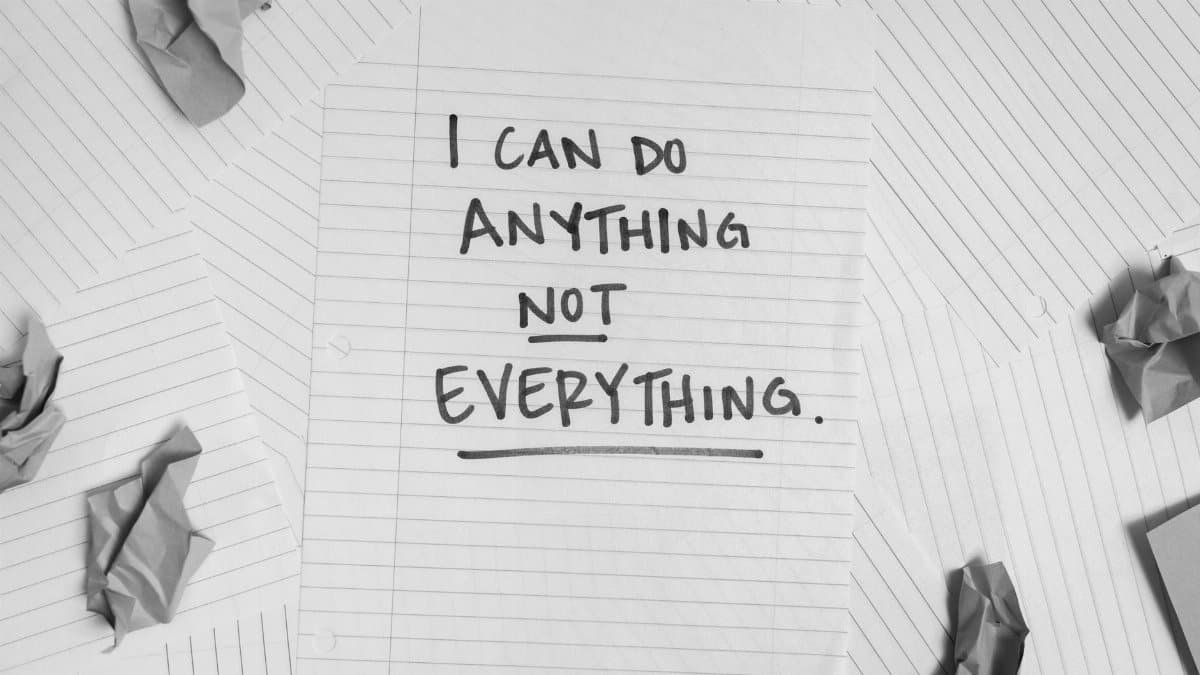
In a city where distractions abound, self-inquiry acts as a mental filter. By questioning assumptions and habits, individuals identify what truly matters. A software engineer shared how it helped prioritize tasks, boosting productivity by eliminating unnecessary meetings. The process involves sitting quietly and challenging thoughts, often leading to breakthroughs in concentration.
Research supports this. The National Institutes of Health links introspective practices to improved attention spans.NIMH on Attention and Mindfulness discusses how self-reflection techniques can mimic ADHD treatments by enhancing executive function. In San Francisco, where ADHD diagnoses are higher among tech professionals, this is particularly relevant.
Practitioners recommend starting small: Set aside 10 minutes daily. Over time, it builds resilience against interruptions, fostering a laser-like focus essential for creative industries dominating the area.
Challenges and Criticisms
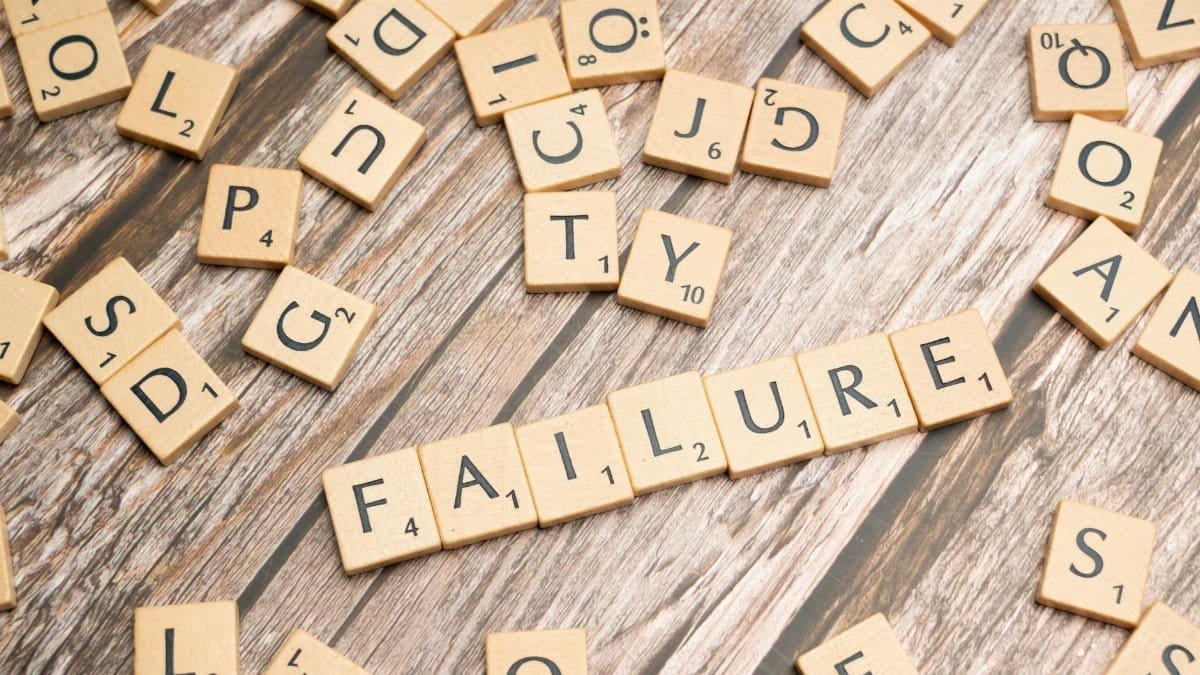
Not everyone is sold on self-inquiry. Critics argue it’s too vague, lacking the structure of traditional therapy. Some participants report initial frustration, feeling lost in endless questioning without answers. In San Francisco’s high-pressure environment, this can exacerbate anxiety rather than alleviate it.
A Pew Research survey on wellness trends reveals mixed opinions. About 25 percent of users find introspective methods ineffective without guidance.Pew Research on Mindfulness notes that while many benefit, dropout rates are high for self-directed practices. Local therapists caution that self-inquiry should complement, not replace, professional help.
Despite this, advocates push back, emphasizing personalization. The key is persistence and perhaps joining a group for support, turning potential pitfalls into strengths.
Practical Applications in Daily Life

Integrating self-inquiry into routines is straightforward. Morning commuters on BART might use travel time for quiet reflection. At work, a quick inquiry before emails can sharpen priorities. Evening sessions help process the day’s events, promoting better sleep.
In education, some San Francisco schools incorporate basic self-inquiry into curricula to aid student focus. A pilot program at a local high school reported improved test scores. For families, it’s a tool to navigate urban stressors, from traffic to cost of living.
Wellness retreats in nearby Marin County blend self-inquiry with nature walks, amplifying effects. Participants return refreshed, ready to tackle city life with renewed purpose.
Expert Opinions and Future Outlook
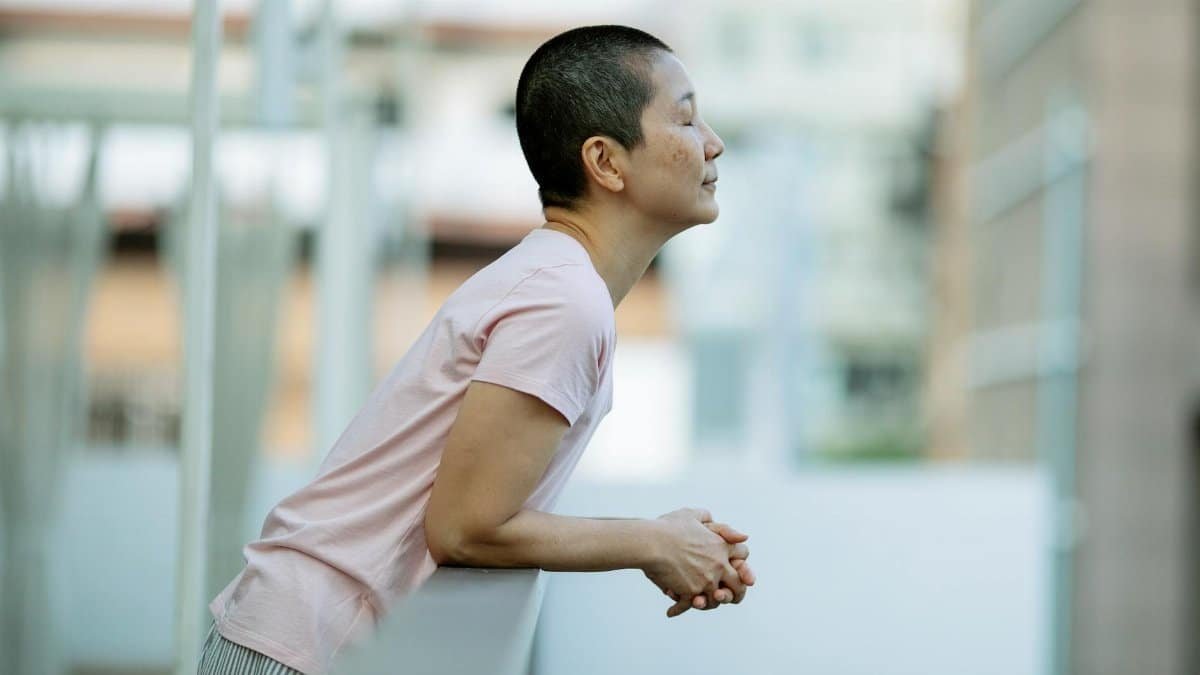
Dr. Elena Ramirez, a psychologist at UCSF, praises self-inquiry for its empowerment. “It puts control back in the individual’s hands,” she says. Her clinic has seen a spike in clients combining it with therapy.
Looking to 2025, experts predict San Francisco will solidify as a self-inquiry hub, with more apps and centers emerging. The city’s tech ecosystem could innovate tools like AI-guided inquiry sessions. As remote work persists, demand for focus-enhancing practices will rise.
However, sustainability depends on inclusivity. Efforts to reach underserved communities are crucial to avoid it becoming another elite trend.
Getting Started: Tips for Beginners

Begin with basics: Find a quiet spot and ask “What am I feeling right now?” Journal responses to track progress. Apps like Insight Timer offer guided sessions tailored to self-inquiry.
Join local groups via Meetup.com for accountability. Read books like “Who Am I?” by Ramana Maharshi for depth. Consistency is key; even five minutes daily yields results.
Track improvements in focus through simple metrics, like completed tasks. If stuck, consult a coach—San Francisco abounds with them.
Community Impact and Broader Implications
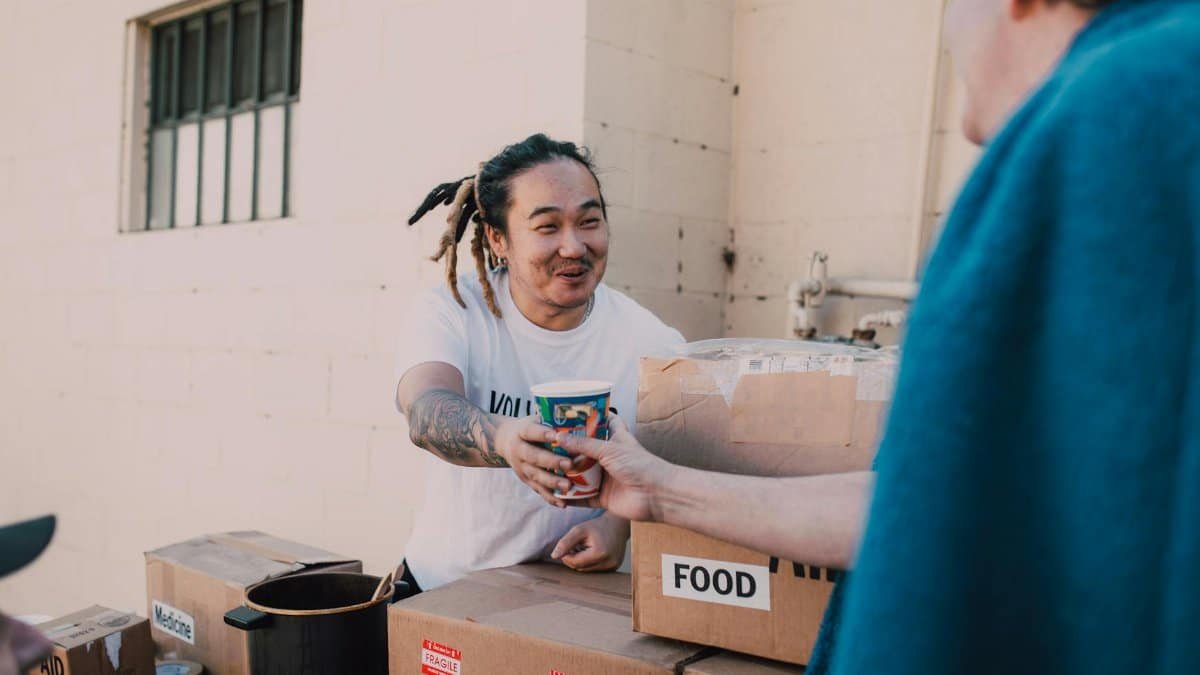
Beyond individuals, self-inquiry fosters empathetic communities. Group sessions in parks build connections, reducing isolation in a transient city. Nonprofits use it for mental health outreach, targeting at-risk populations.
On a larger scale, if San Francisco becomes a model, other cities might follow. This could shift national wellness paradigms, emphasizing inner work over external fixes.
As 2025 approaches, the question remains: Will this introspective wave endure, or fade like past trends? Time, and continued practice, will tell.
